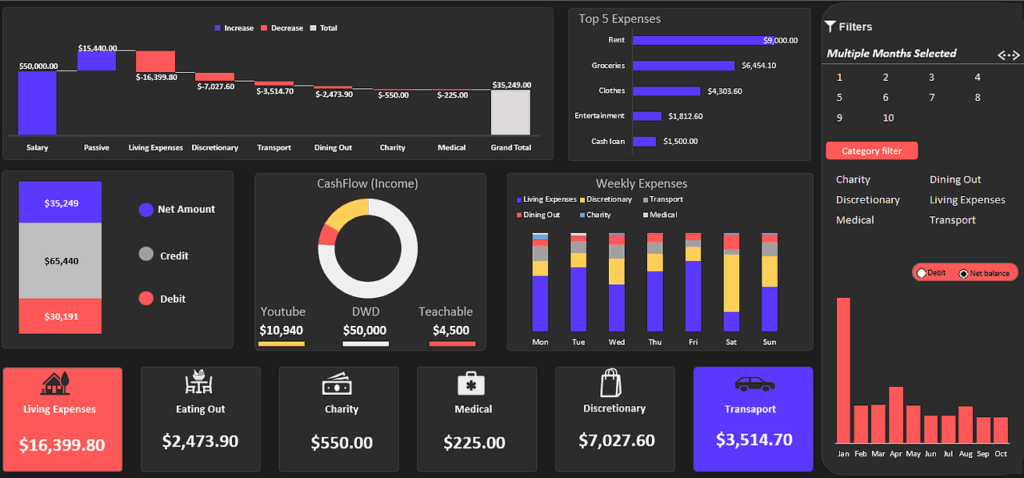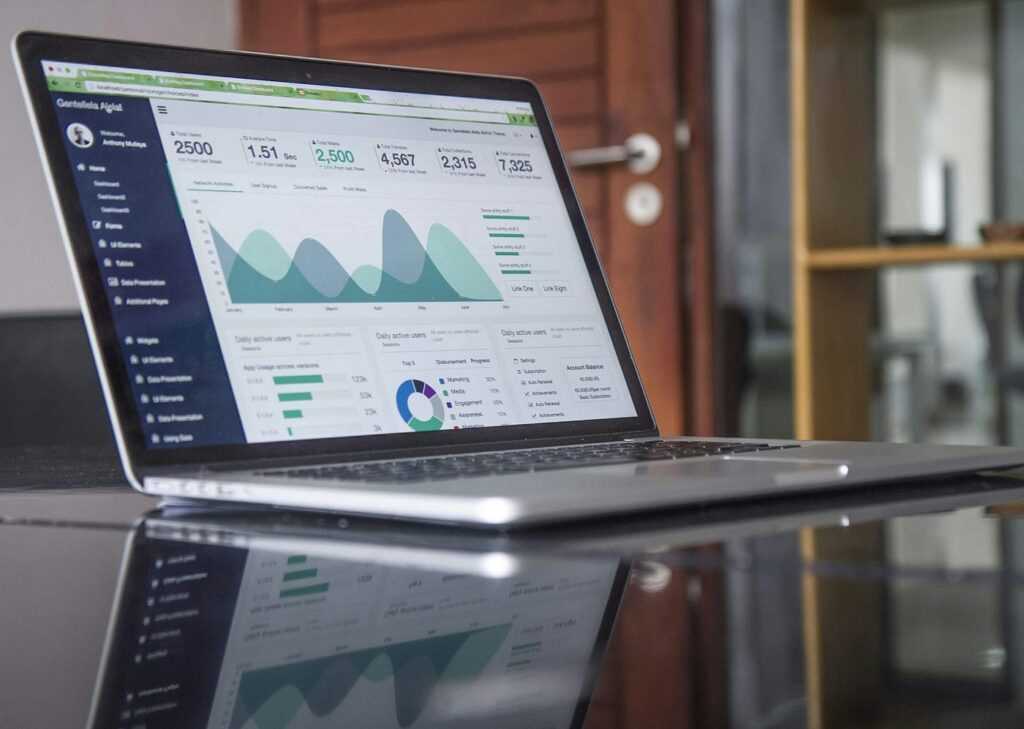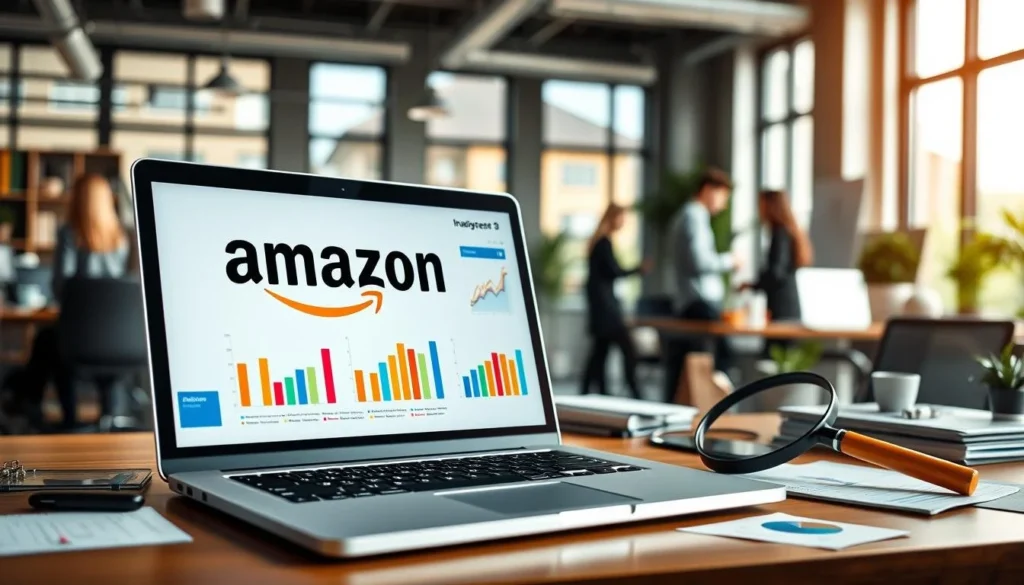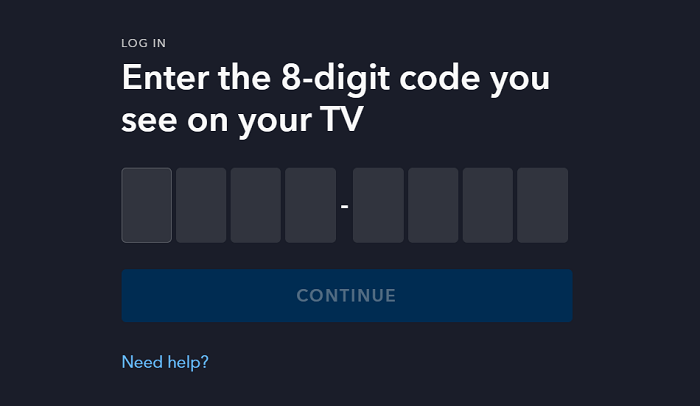Effective management of personal finance for issuance involves expenditure monitoring, setting an overall budget, saving for future needs, among several others. But the end product would vary with suitable tools available at the right time to make money management much simpler and truly enjoyable. Fortunately, there are some fabulous free personal finance software resources you can use to ease the work without breaking the bank. Whether you’re trying to manage your spending, make financial objectives, or improve major financial choices, one of these software solutions may be tailor-made for you.
In this post, we will discuss the best free personal finance software available and go over their features so you know how such a tool is going to help unlock your financial potential. From students who have to save money, professionals who are looking to invest intelligently, and simply those people who want to get a handle on their monthly expenses, there is something for everybody.
Table of Contents
ToggleWhy use personal finance software?
Before we discuss some of the software options available, it’s interesting to first look at why the need for such personal finance tools in this modern world is such big business. Perhaps you’re wondering to yourself, “Why bother with some fancy software when I could just use pen and paper, or even a simple spreadsheet, to budget?” Well, those do work just fine, but there are a number of reasons using personal finance software makes the process of keeping on top of your financial health that much easier:
- Automation: Most of these tools automatically update themselves with your bank accounts and credit card information, hence you have the exact updates without any manual data entry.
- Analysis: This will analyze your spending habits against predetermined benchmarks in order to show you where you are overboard on spending so that you might cut back.
- Goal setting: Most of the tools will enable users to set financial goals, whether paying off debt, saving for a trip, or building an emergency cushion.
- Reminders: Because of the inbuilt reminders for bills and budget goals, you are less likely to either miss a payment or exceed your budget.
- Reporting: This tool provides reports of your expenditure based on categorization, which highlights where your money is spent.
Keeping this in mind, let’s see what the top-rated free personal finance software is out here that can assist one in maximizing their finances.
Related Article
1. Mint – A Comprehensive Personal Finance Dashboard
Mint comes up with other free personal finance tools that now belong in a bag of pearls. Its built on user-friendliness, allowing linking all sorts of financial accounts like banks, credit cards, loans, and investment accounts. This works as a holistic view of the finances in question.

Key Features:
- Budgeting: With Mint, you’re able to set custom budgets across various categories. It automatically tracks spending and warns you when you are going to go over budget.
- Bill Tracking: You can also sync bill payments with the application and set reminders for when they are due so that you do not have to pay late fees.
- Goal tracking: Whether it be paying down debt or building up your savings for some major purchase, Mint lets you set any financial goal and shows you your progress.
- Free Credit Score: They supply you with your credit score free through Mint. This is one of the major indicators one tracks to monitor general financial health.
Personal experience: I was into the first weeks of using Mint, which gave me the shock of how much I spent on eating out. It was so effortless to let those little expenses fly under the wire, but Mint started warning me each time I was getting near my restaurant budget. For sure, within some months, I reduced my expenses of dining out and was capable of saving more for the down payment on a car.
2. Personal Capital – Ideal for investments tracking
While Mint focuses more on budgeting and day-to-day expenditure, Personal Capital is surely the ultimate best free tool for investment tracking. For people with multiple investment accounts or those who seriously want to begin investing, this tool can give them enough data.
![]()
Key features:
- Investment Tracking: Through detailed reports, Personal Capital is able to track just how well or bad the investments in your portfolio are doing and will simultaneously give you recommendations for improvement.
- Retirement Planner: You can calculate how much you need to save for retirement and get a clear picture of whether you are on target to meet your goals.
- Net worth calculation: it gives real-time overview of net worth, including assets like house, car, and retirement accounts.
Personal experience: It wasn’t until I had set up and linked my 401(k) and brokerage accounts through Personal Capital that I realized how highly concentrated I was in one sector. It helped me then to diversify my investments, and with time, I started to see more balanced growth.
3. YNAB (You Need a Budget) An Active Budgeting Tool
YNAB-YNAB is free for the first 34 days and takes an active approach to budgeting. While most of the other tools allow you to track your past expenses, this helps to plan every dollar that you will earn before you have a chance to spend it. Its method encourages proactive decision-making, whereby it will assist you in setting money aside for priorities like savings, debt repayment, and essential expenses.
Key Features:
- Zero-based budgeting: You get to assign every single dollar you earn a “job” before the money leaves your pocket. That’s the intentional way to spend money.
- Goal-oriented budgeting: YNAB’s main concentration is on very long-term goals, anything from building an emergency fund to saving for a home.
- Debt Payoff Help: YNAB helps in devising a clear plan on paying off your debt and displaying precisely how each payment inches you toward financial freedom.
Personal experience: Being an impulsive spender, in YNAB I found the structure that was missing. Knowing every dollar would be directly allocated for something well in advance made me more responsible, and my savings grew much quicker than ever before.
4. GNUCash – Ideal for Small Businessmen
GNUCash is free, open-source software that fits both personal finance and small business accounting quite well. It is for those who have no problem with a learning curve that’s a little more heavyweight in return for more detailed control over their finances.
Key Features:
- Double-entry accounting: Especially helpful for those business owners in need of more challenging ways to balance the books, this feature is sure to help with complex accounting.
- Tracking of expenses and income: You can track personal and business expenses in the same facility.
- Tracker of Investments: It also allows you to track your investments in stocks and mutual funds.
- Reporting: This tool will enable you with its comprehensive reporting features, giving you an understanding of where exactly you stand in terms of financial health.
Personal experience: When I used to freelance part-time, it was a real pain keeping track of my personal and business finances. GNUCash really helped me to keep everything organized in one place and saved me from several hours of manual entry every month that I used to do.
5. SimpleBudget – Simple Way of Budgeting
The extremely simple and no-nonsense one is SimpleBudget. As the name probably suggests, it’s a very simple budgeting app that helps you track your spending and then allocate money towards different categories with no extra hassle:.
Key Features:
- Envelope System: SimpleBudget uses envelope budgeting, which is just a method whereby you will be putting in certain amounts into certain categories and only spending the amount placed there.
- Custom budgets: It can be created, adding categories and categorizing money into them with regard to income versus expenses.
Personal Experience: When I first really started taking budgeting seriously, SimpleBudget was perfect for me. It kept me disciplined but didn’t overwhelm me with a lot of features, and it was easy to stick to my financial goals each month.
6. GoodBudget – A Modern Twist on the Envelope System
GoodBudget provides you with a digital envelope system where you divide your money into envelopes according to your spending categories. Boasting ease of use, ability to sync across multiple devices, this is perfect for couples or families who want to look forward to managing a household budget.

Key Features:
Envelope Budgeting: This is a simple way to divide your income into categories such as groceries, rent, utilities, and fun money.
- Debt Management: This lets you lay aside money to pay off loans or credit card debt.
- Device Syncing: You are able to sync your budget with your partner’s device so that you are on the same wavelength.
Personal Experience: My husband and I started using GoodBudget for our shared expenses. That was really helpful to see where the money was going, really, and we were able to make adjustments in spending together where both of us felt we weren’t disagreeing.
7. PocketGuard: Simplify Your Spending Habits
PocketGuard is a great service that helps people find a stress-free way to manage their finances with ease. It links directly to your bank accounts and automatically tracks your spending in real time. But probably the coolest is the “In My Pocket” tool, which tells you exactly how much more disposable income you have after bills, savings goals, and other necessary expenses.
Key Features:
- Spending Tracker: automatically track and categorize your spending within PocketGuard. Thus, it is very easy to identify where money is going.
- Savings Goals: You are able to set savings goals, and it will show you just how much money you can safely set aside without going over.
- Bill talk: It also enables you to locate some of those recurring expenses that you can cut down on, like utility bills or subscription services.
Personal experience: Being someone who loves to overspend, PocketGuard became a game-changer. Knowing how much money was left “in my pocket” after bills definitely helped me stay away from impulsive purchases and build up my emergency fund.
Choosing the right tool for you
Of course, the best free personal finance software depends on needs. Are you oriented purely towards budgeting or tracking of investments? Do you need something simple or do you want more advanced facilities?
The point, of course, is picking the one that best suits your financial goals and habits, since all these free tools bring something a little bit different to the table. Whether you pick one or another, the objective always remains the same-to be in full control of your finances so that you may finally start making knowledgeable decisions enabling you to unlock your full financial potential.
Final Thoughts about Top Free Personal Finance Software Unlock Your Financial Potential
Managing your personal finances need not be complex and expensive. The right free software will make the process easier, help you make better decisions, and set you up for a better future. Be it a beginner in budgeting or an accomplished investor wanting to keep track of his progress, these tools possess the powerful features necessary to assist one in his journey.
Take your time and choose one that just feels right. After all, that’s what financial freedom is all about: taking that first step. And these tools will make it easier than ever to get started.
Get expert tips and financial guidance at LookMyFinance.com.






